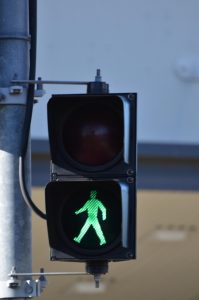A new report co-published by the Florida Times Union and journalism non-profit ProPublica revealed strong evidence that the sheriff’s office in Jacksonville has been racially profiling people of color for pedestrian citations. While such tickets might seem a minor annoyance, the disproportionate way in which they are reportedly being doled out raises serious concerns that the department could be disparately deploying justice. If it’s happening with pedestrian tickets, it’s not an enormous leap of logic to suppose it may be happening when it comes to other offenses too.
Our traffic ticket defense lawyers know that a simple allegation of racial discrimination won’t necessarily stand up as a defense in court. While it could be grounds to file a civil rights lawsuit, in criminal or traffic courts, the main issue will be the reasonable suspicion to stop the individual and the strength of evidence of a crime or violation.
As far as these citations, Florida has a wide range of 28 different statutes pedestrians are required to follow. There are prohibitions on everything from jaywalking to crossing the street against a red light. Local ordinance in Jacksonville also allows ticketing for crossing the street at anything other than a right angle, crossing at a yellow light or not walking on the left side of the road that lacks a sidewalk. The sheriff’s office insists it must vigorously enforce these provisions because Florida has the highest rate of pedestrian deaths in the country. That is true, of course, but the journalists discovered the laws aren’t being applied unilaterally. Continue reading
 Fort Lauderdale Criminal Attorney Blog
Fort Lauderdale Criminal Attorney Blog












